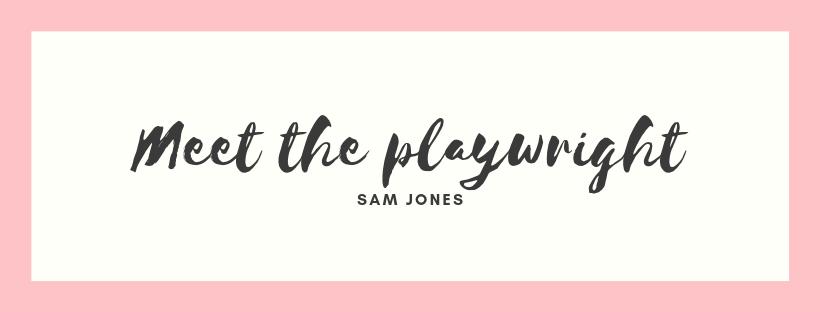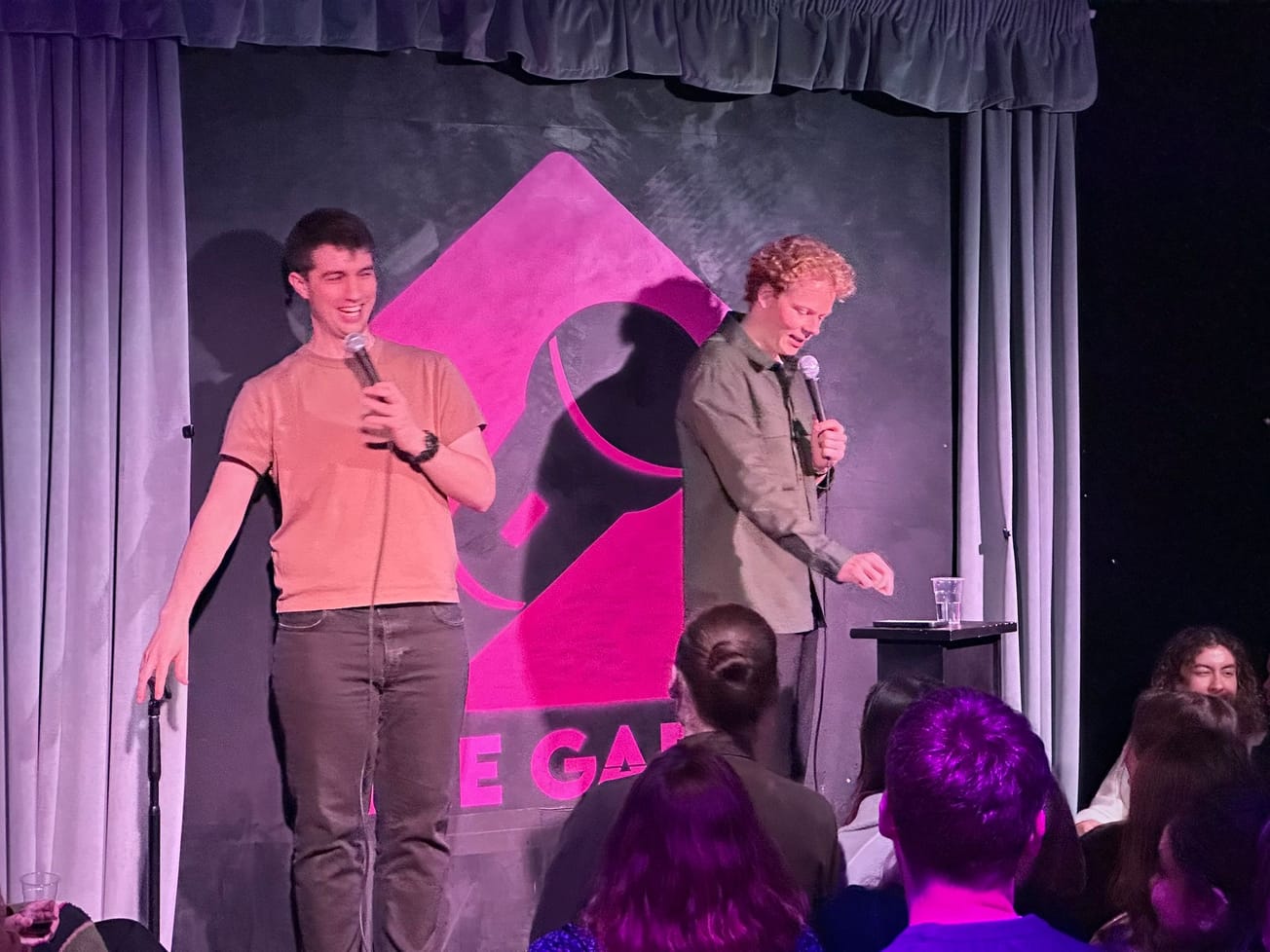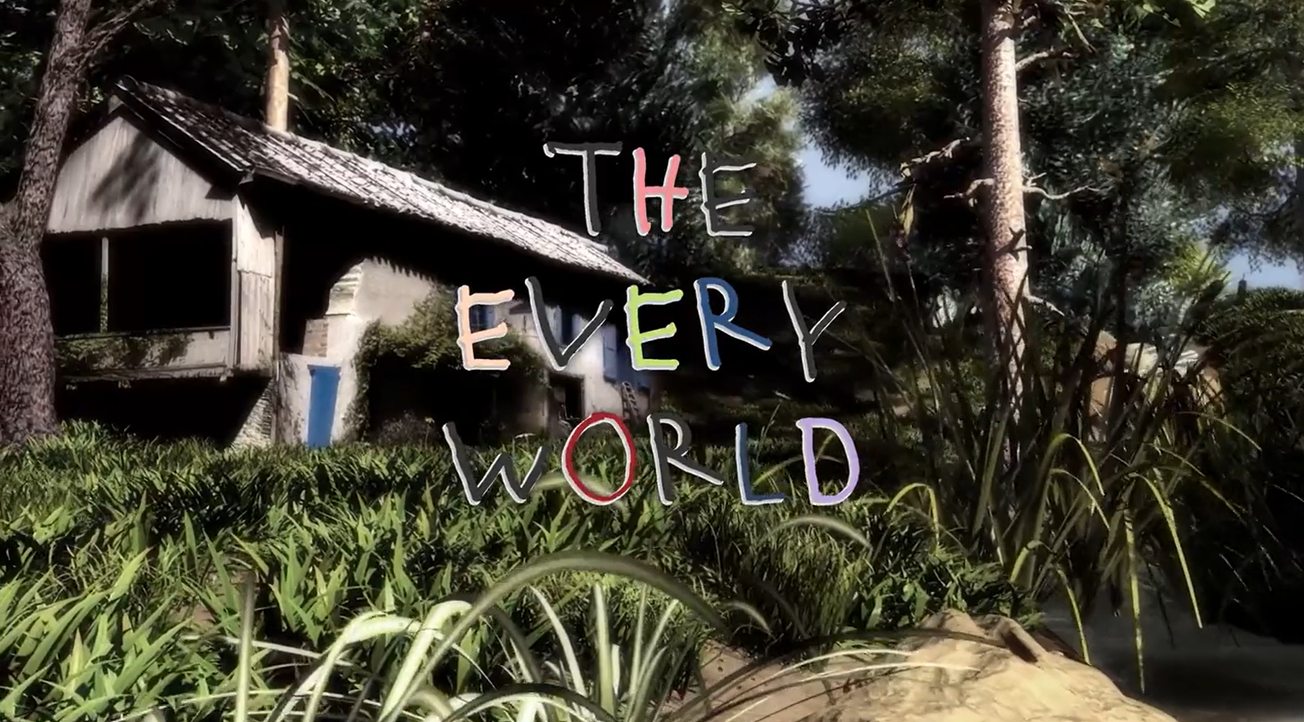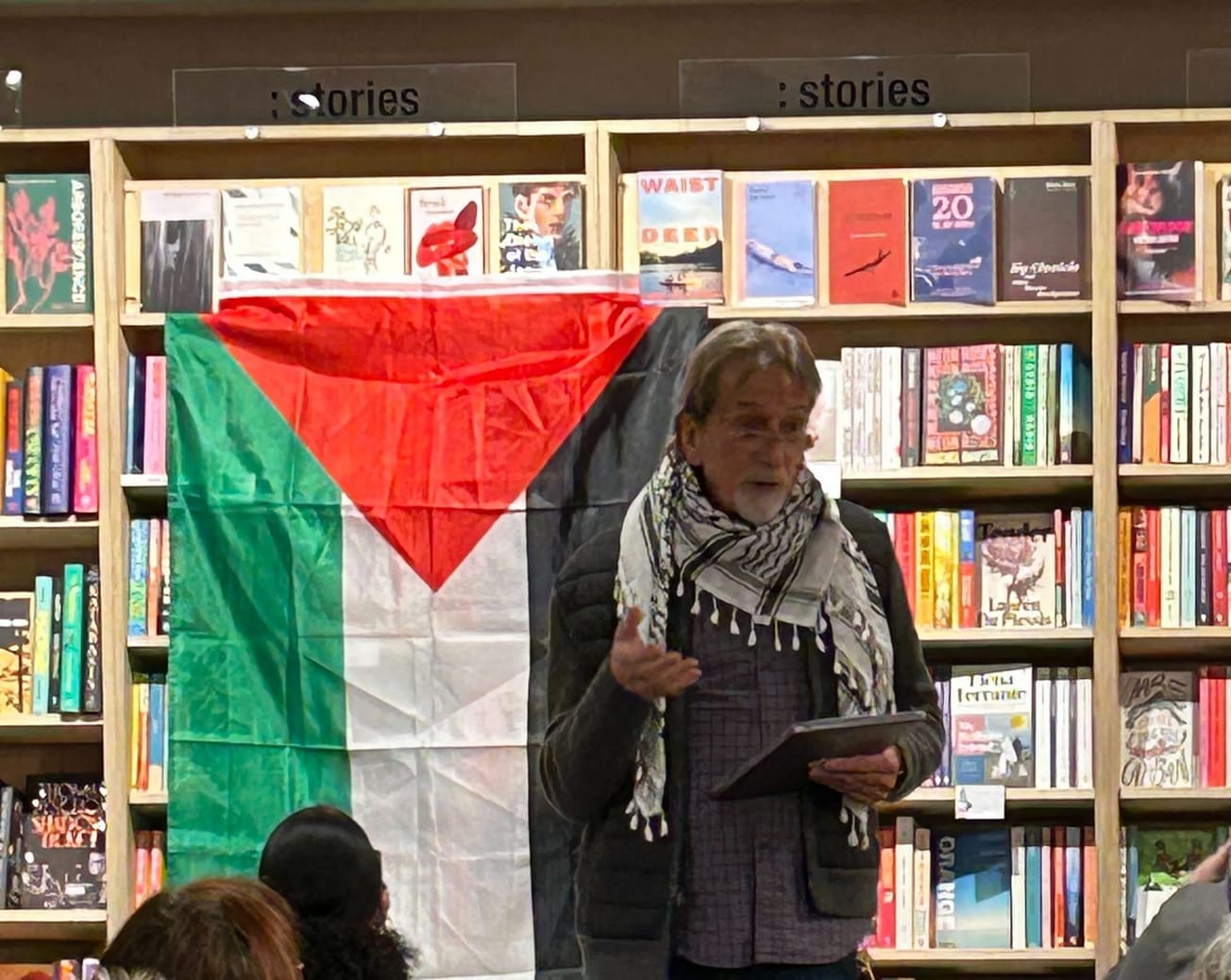UoB's thriving theatre scene would be nothing without its student playwrights. The fourth and final in Epigram Arts' playwright series sees what makes Sam Jones tick, as he looks back on BUTTERFLY.
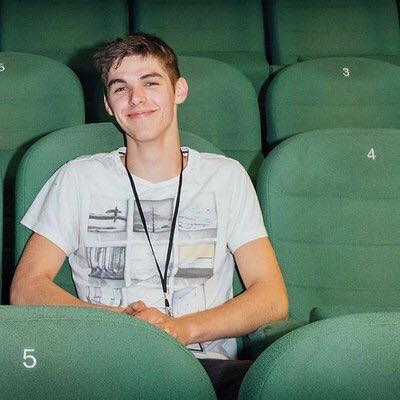
Meet Sam Jones!
What inspires you OR How do/did you come up with new ideas/the idea?
The idea for BUTTERFLY came from speaking to an older man in the LGBT community. We chatted about all these important moments in the fight for gay rights, but in a way I’d never heard before. He spoke about his experiences as a person at the time… what he’d eaten for breakfast on the day of a Section 28 protest, the music that Stonewall ‘felt’ like. It got me thinking that all these events don’t feel so much like stories anymore, so BUTTERFLY came from a desire to find the human stories at the centre of events. I’m really interested in how people work, so finding these really personal stories from across history was super inspiring.
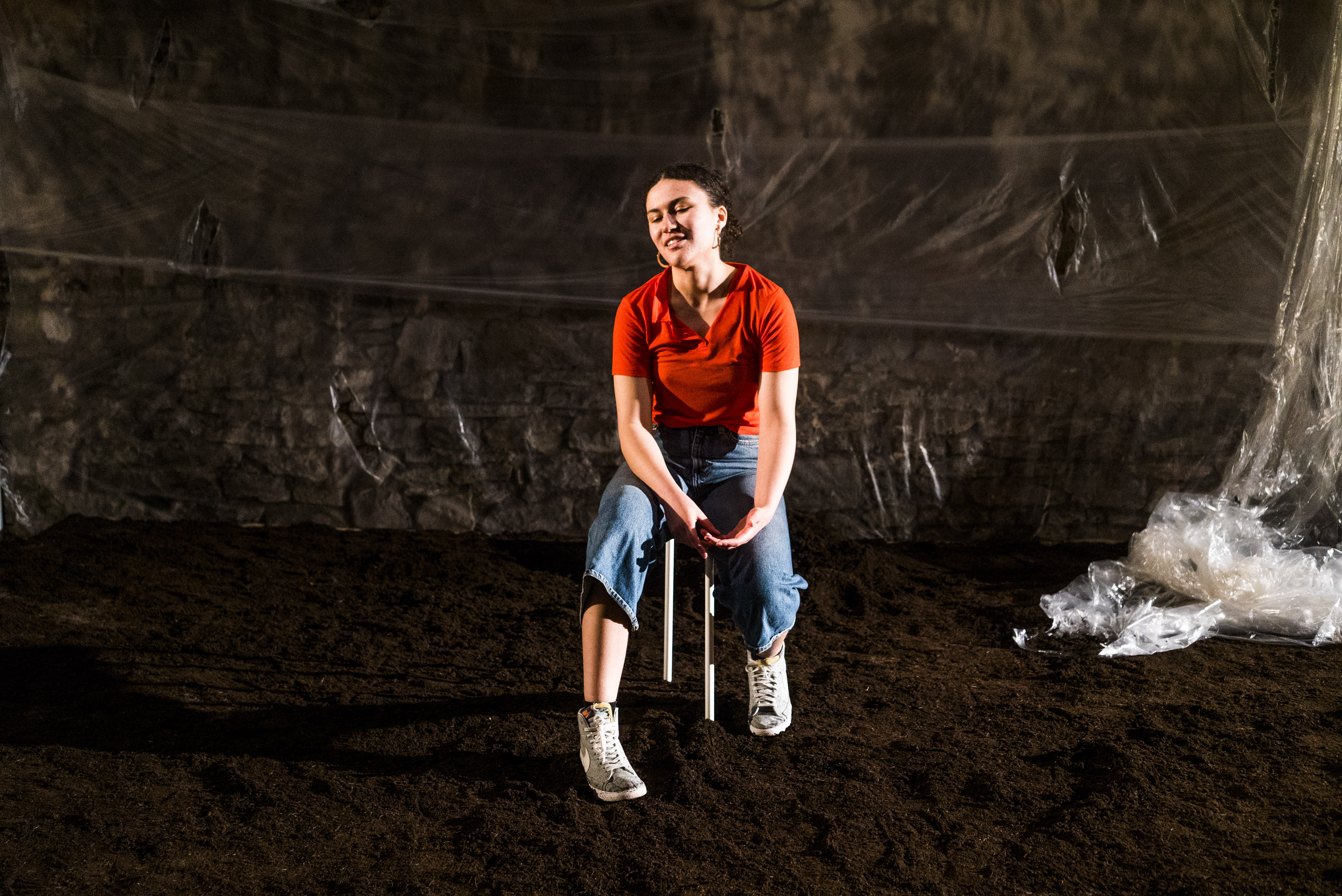
Butteryfly / Harry Plowden
Did you write it all in a short burst or was it a slow grow?
Myself and Clodagh Chapman (narrative director of BUTTERFLY) didn’t have too long to write the play. We had four weeks to research, write and rehearse the play before our show! The process felt quite unusual, I think, but creatively quite exciting.
Firstly, we researched the characters and created pages of research materials. Then, I brought those research materials into rehearsal to improvise, devise and create a sense of who they are in the room. After the rehearsal, Clo & I chatted about it the story, before writing a first draft, ready to bring into the next rehearsal which was often the following day. This process repeated, and the stories were redrafted in the room. This kept going, even after our first show, we had big story problems with one of the narratives, so rewrote it before the second show. It left some of our actors panicked and learning lines an hour before the show…
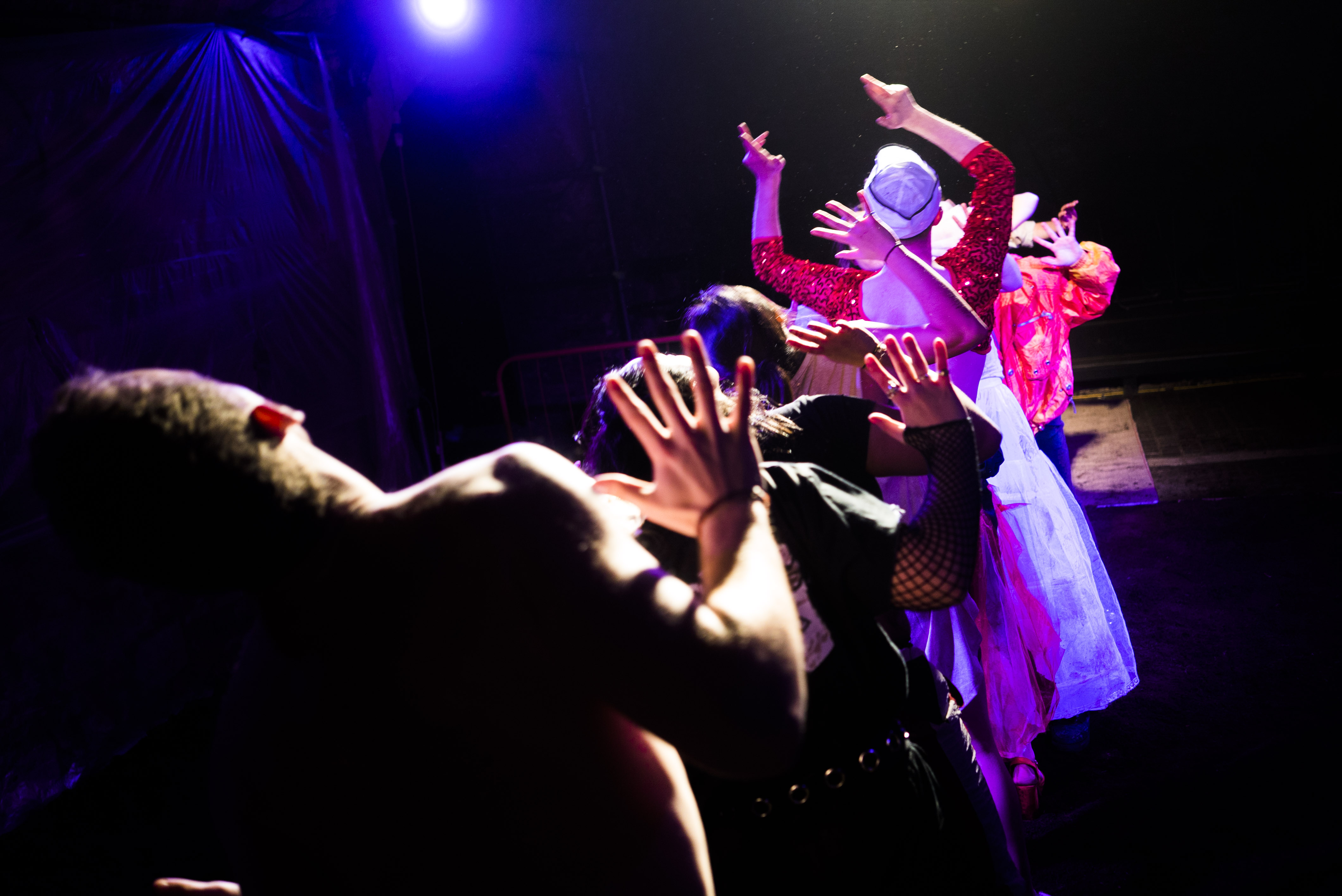
Butteryfly / Harry Plowden
Have you ever had an idea that you later realised didn’t work? What happened?
All the time! There’s plenty in BUTTERFLY that I didn’t work as I thought it would, but that’s sort of what writing is about. We can’t control audiences, and that unpredictability makes it so fun. When something doesn’t work, you can just feel it in the audience, that special theatre feeling of watching something together dies… and it just says there needs to be rewrites!
Did you ever hit a writers' block?
For BUTTERFLY, there was always so much to do that we either just had to get it written, or there was a thousand other things to plan, so not really! Clo and I redrafted each other’s work, and bringing text into the rehearsal room meant writing always remained a conversation which was a privilege. If I've learnt anything, it's that writing for me works best when it's a chat with people better at telling stories than you are.
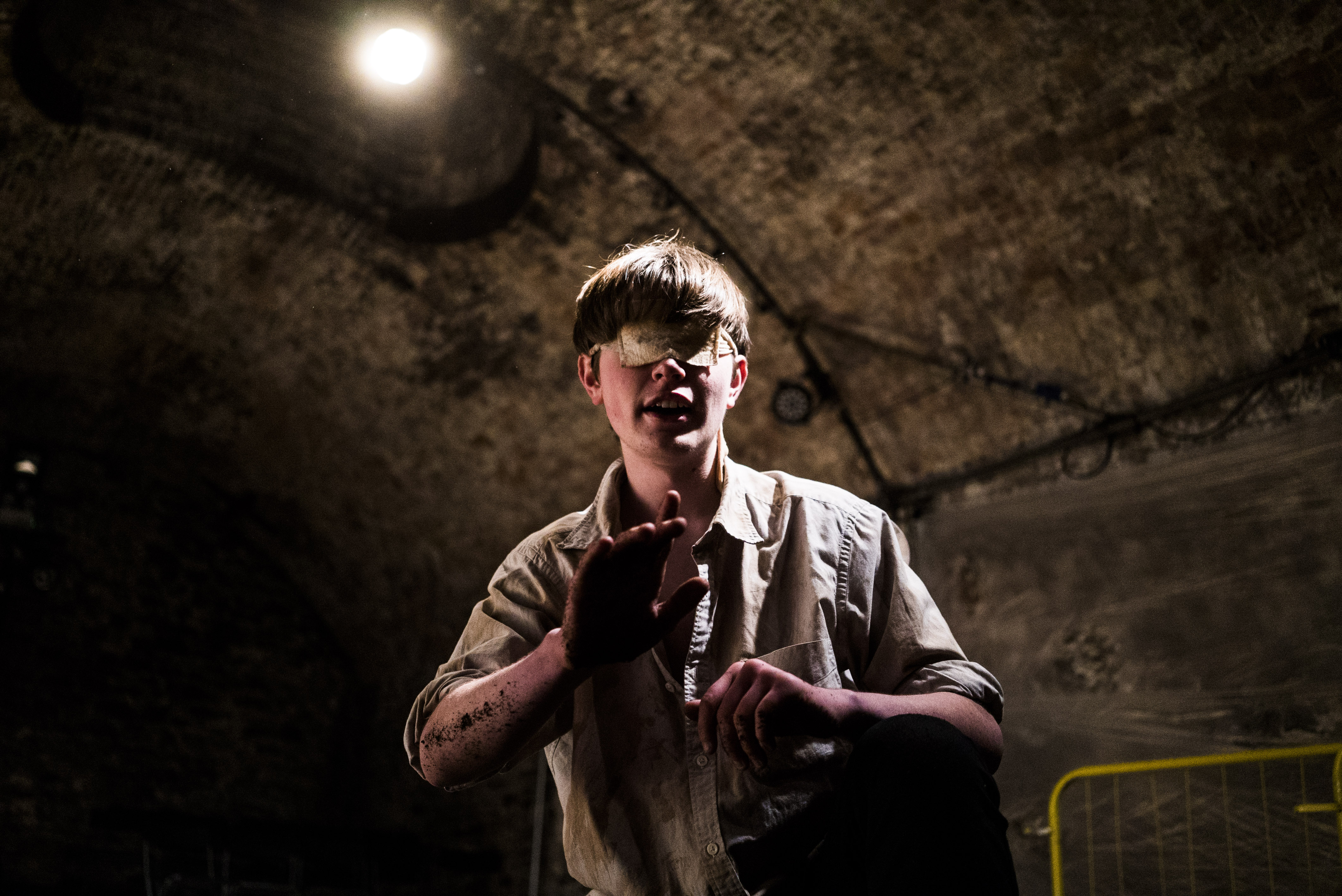
Butteryfly / Harry Plowden
What was it like seeing your work on the stage for the first time? Was it as you imagined - how yes/no?
Terrifying! I just had no idea if the play would work as an idea… whether the audience would stay engaged over eight different stories, whether they’d care about the characters, whether the stories would actually make sense to a fresh set of ears and eyes. We staged it in traverse, so could see the audience reactions on the other side of stage, so seeing audiences react to moments was ace. In lots of ways, seeing the show on stage just showed how much more work there could be done to the play, so let’s hope we get chance to put it on again!
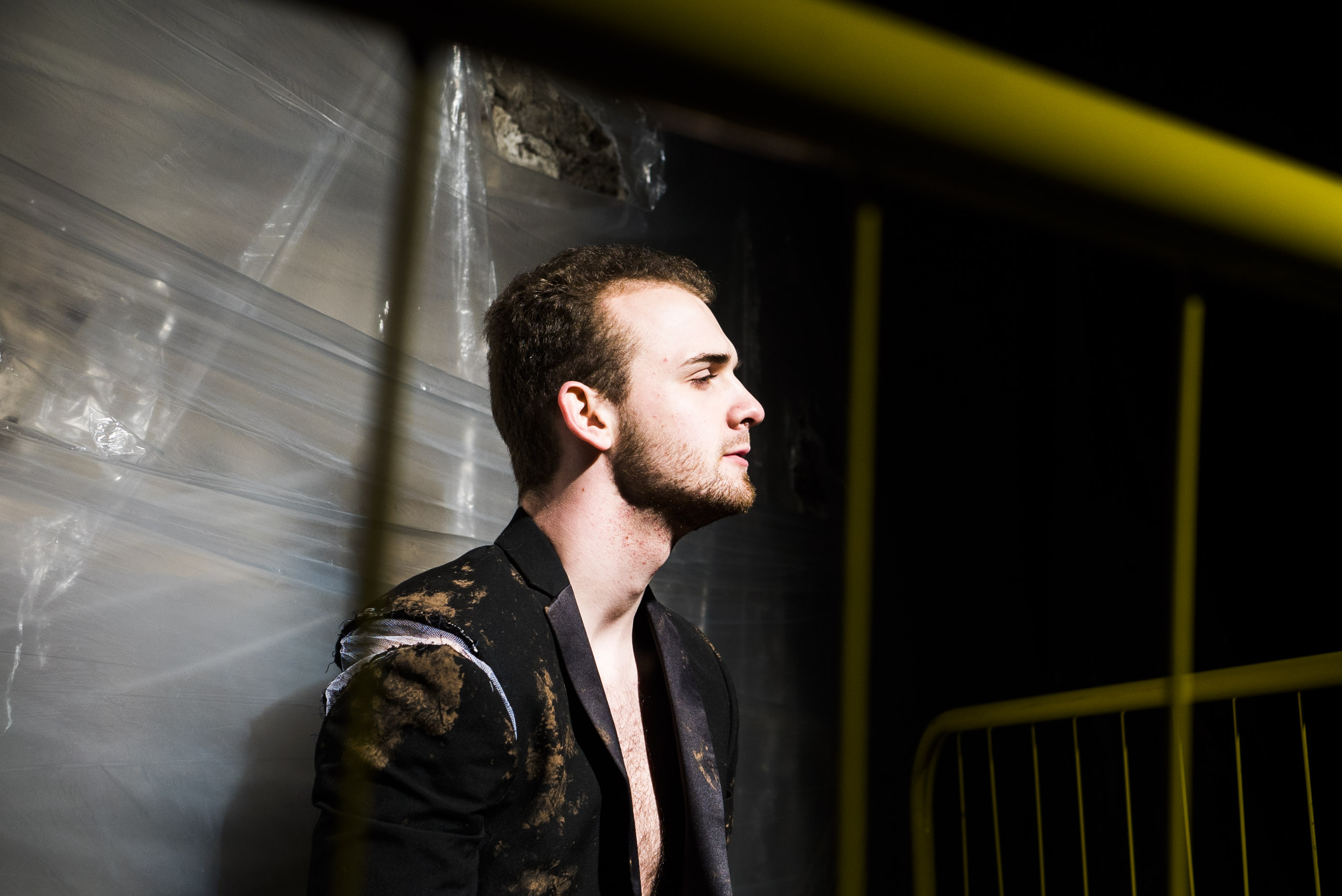
Butteryfly / Harry Plowden
Do you only write plays or other forms of writing too? If you do, do you feel like that affects your style?
I’ve also written short films, which is quite different. With films, the emphasis is often really on telling stories visually, rather than through speech. There’s definitely a different grammar to both, but despite this, I think they share a lot. Making audiences care, revealing information, how people work… they’re all crossovers. I think film has made me enjoy making theatre more visual, and do think you can still say a lot on stage without any sound, or have both working against each other, so what you’re looking at is at odds with what you’re hearing. That tension is fun. I think film tends to have shorter scenes, and I think that was mirrored when writing Butterfly. We wanted all the scenes to be roughly the length of a song, and for each to feel like they’re from the same world, but all quite distinct, which I guess is a bit like a cut to another scene in a film.
(Featured image credit: Canva / Gabi Spiro)
Did you see 'Butterfly'? Let us know in the comments below or on social media.

